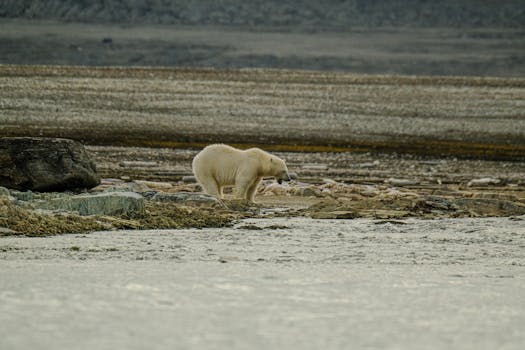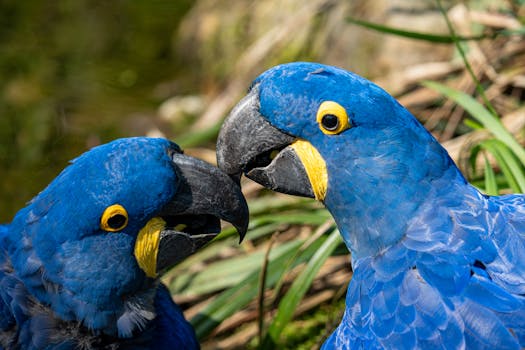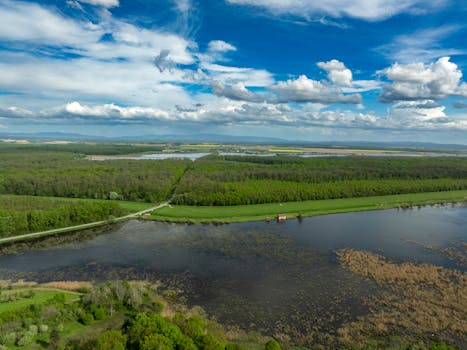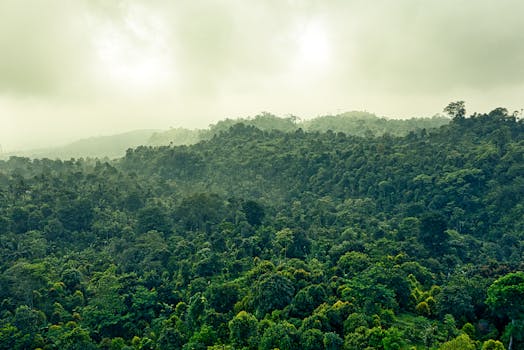
Introduction

The impact of climate change on global ecosystems is a pressing issue that affects all living organisms on our planet. As temperatures rise and weather patterns shift, ecosystems are undergoing significant transformations that threaten biodiversity and the services these ecosystems provide.
Effects on Biodiversity

Climate change has led to shifts in species distribution, with many species migrating towards cooler areas. This movement can disrupt existing ecosystems and lead to increased competition for resources. The loss of biodiversity can weaken ecosystem resilience, making it more difficult for ecosystems to recover from disturbances.
Habitat Loss and Fragmentation

As climate change progresses, habitats such as forests, wetlands, and coral reefs are undergoing drastic changes. Rising sea levels threaten coastal ecosystems, while increased temperatures can lead to forest die-offs. Fragmentation of habitats can isolate species, making it challenging for them to survive.
Impact on Food Webs

Climate change can alter food webs by affecting the abundance and distribution of primary producers, such as plants and phytoplankton. Changes in these foundational species can ripple through the food chain, impacting herbivores, predators, and ultimately, human food sources.
Conclusion

In conclusion, the impact of climate change on global ecosystems is profound and multifaceted. It is crucial to recognize these changes and take action to mitigate their effects. Protecting biodiversity and restoring habitats are essential steps in ensuring the health of our planet’s ecosystems for future generations.






